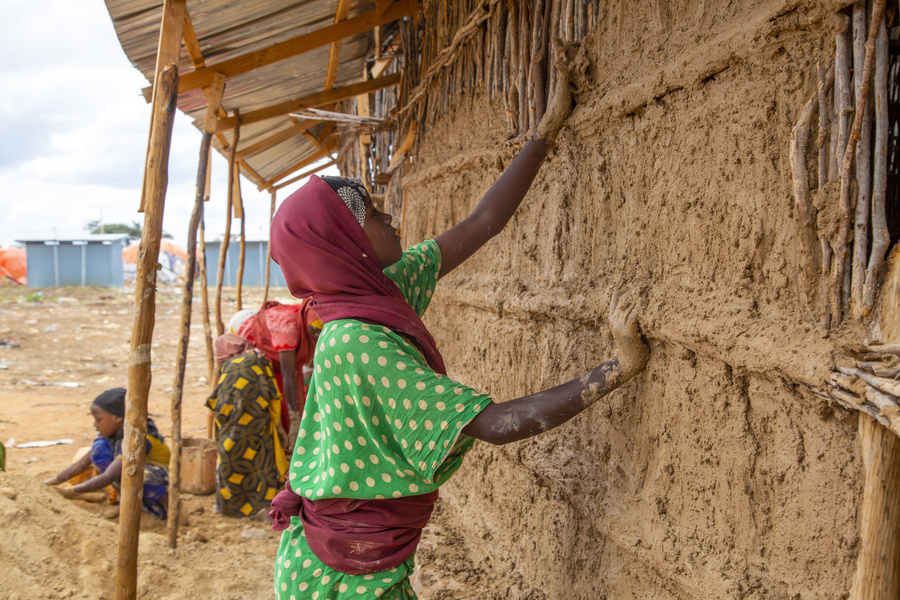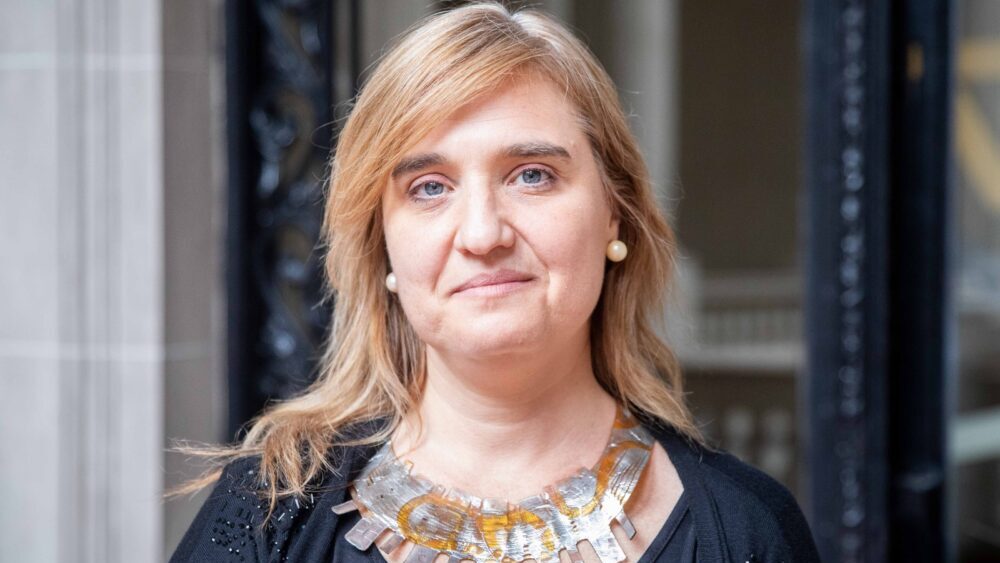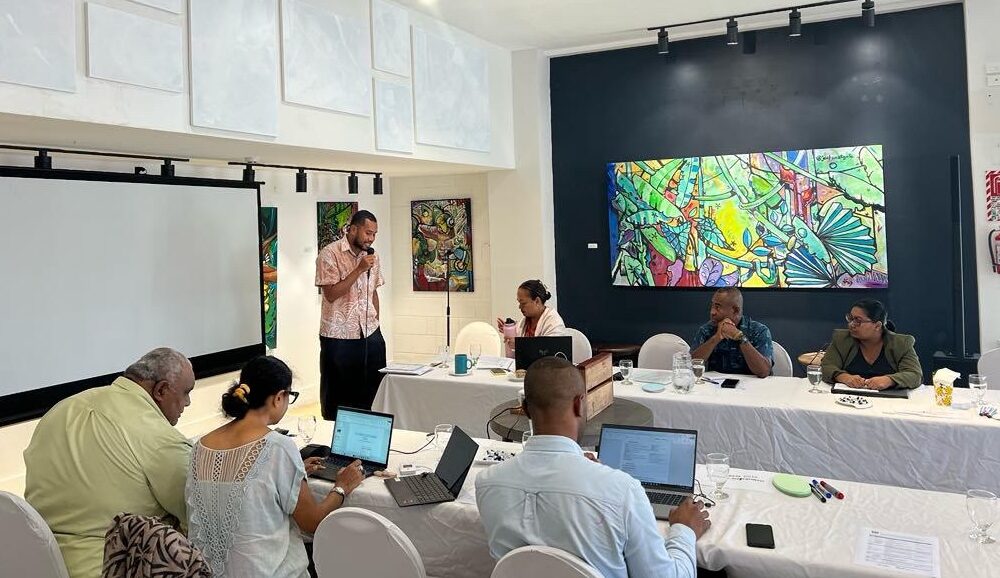The Forced Migration Review (FMR) is an online and print magazine that has been publishing articles covering refugees, internal displacement and statelessness since 1987 (when it was called the Refugee Participation Network newsletter). As well as full issues of the magazine, FMR periodically publishes special issues such as the forthcoming ‘Climate crisis and displacement: from commitment to action’, due for release in March 2022 and developed in partnership with the PDD. The upcoming special issue continues FMR’s engagement with the subjects of climate change and displacement, which were also explored in 2008, 2015 and 2020. FMR has released a call for articles, and the deadline for submissions is 25th October 2021. To find out more, we spoke with Ms. Marion Couldrey, who has worked with FMR since 1993 and is today its Co-Editor.
——-
PDD Secretariat: Thank you for choosing to partner with the PDD on this special edition. In 2008, 2015 and 2020 you published issues of FMR which address the role of climate change in displacement, so what’s different about this one?
 Ms. Marion Couldrey: So much has changed since we published the 2008 issue! It was only 13 years ago, but even then climate change (and its impacts on people’s mobility) wasn’t the globally acknowledged issue that it is now. And we didn’t imagine then just how severe those impacts would become across the world, and how fast they would manifest themselves.
Ms. Marion Couldrey: So much has changed since we published the 2008 issue! It was only 13 years ago, but even then climate change (and its impacts on people’s mobility) wasn’t the globally acknowledged issue that it is now. And we didn’t imagine then just how severe those impacts would become across the world, and how fast they would manifest themselves.
That first issue brought together climate scientists and migration researchers, perhaps for the first time in the same publication, and the authors debated a really wide range of aspects. Demand for the issue was huge (including for use in COP negotiations), perhaps reflecting how relatively new the discussions were. For the 2015 issue, we focused more specifically on disasters associated with climate change, and worked closely with the Nansen Initiative (PDD’s predecessor) to include a number of articles coming out of the regional consultations and civil society meetings convened under that Initiative. And in our 2020 issue we focused on the impact of the climate crisis and displacement on local communities, and their response.
We all agree that the impacts of climate change are clear, and there is no need to debate whether we should act…we know we have to, and fast. But what actually works? This next issue of FMR will showcase lessons learned over the last 13 years, and urge all actors to move from high-level commitment to concrete action.
PDD Secretariat: What prompted you to put together this special issue now? What are you hoping to achieve with it?
Ms. Marion Couldrey: In 2022 we will be halfway through the period set for achieving the objectives of the Sustainable Development Goals (the SDGs) and the Sendai Framework on Disaster Risk Reduction. Meanwhile, key commitments under the Paris Agreement should – in theory at least – be on their way to being met. 2022 will also be the year when the first International Migration Review Forum will share progress on the implementation of the Global Compact for Migration. Given these milestone dates, and their relevance to the climate crisis and displacement, it seemed timely and necessary to revisit this topic.
We want to look at what has been learned since the SDGs, the Sendai Framework, the Paris Agreement and the Nansen Initiative Protection Agenda were drafted. And we want to show which policies and practices have had a concrete and positive effect, and how these could be replicated or adapted for other contexts. We want this issue to be a practical resource to support planning around the world.
PDD Secretariat: Which perspectives or topics would you like to see reflected in this issue?
Ms. Marion Couldrey: Outside FMR, I’m involved in putting pressure on my own government – the UK government – to live up to its commitments, especially ahead of COP26 this November. So I’m personally very keen that this issue of FMR should focus on moving beyond discussing the impacts of climate change, beyond the reasons why action is needed, and beyond the commitments that so many governments and other actors have made but not necessarily implemented. We’re inviting authors – including governments, displaced people, policymakers, practitioners and researchers – to explore approaches and present case-studies that will promote and facilitate very concrete policymaking and practice.
I’d really like the issue to have a strong focus on the perspectives of communities and countries affected most directly by the impacts of climate change. They have practical experience of dealing with climate change – with adaptation and mitigation, relocation and disaster risk reduction – and they know what works and what doesn’t. This experience needs to be recognized, shared and drawn on. We accept articles in English, Arabic, French and Spanish, so we hope that will enable people in different locations and with varying perspectives to write for the issue.
——-
Header photo: © International Organization for Migration
Useful Links
Read more about the Forced Migration Review
Navigate to the call for articles
Take a look at Previous issues of FMR on climate change and displacement
Learn more about PDD’s work in our Workplan 2019-2022:





